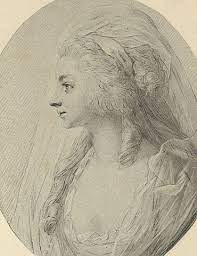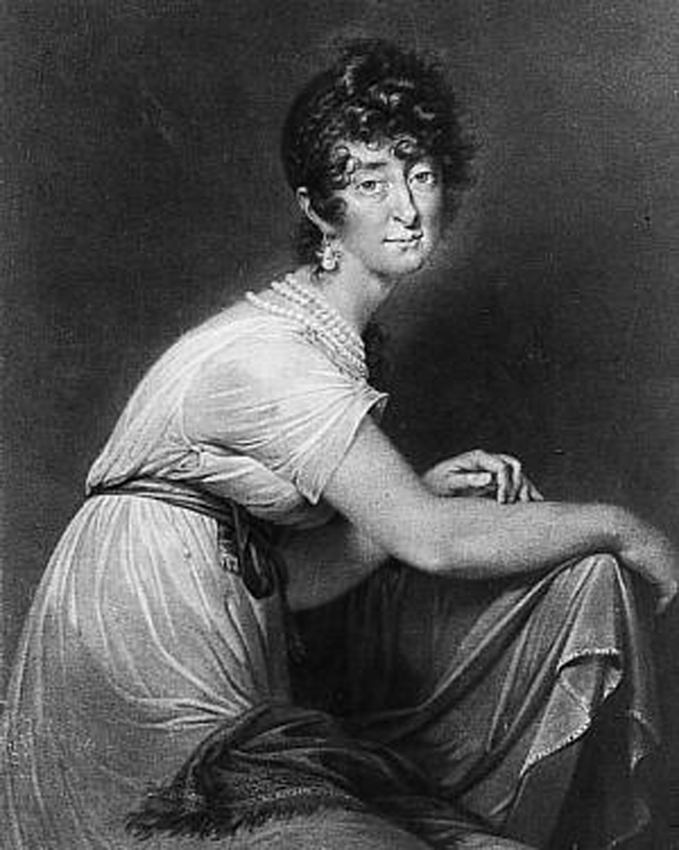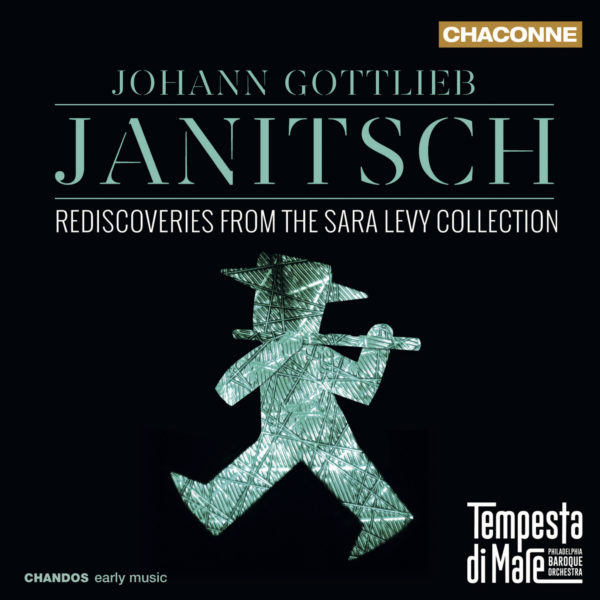Sara, bella & Fanny — Influencers & SalonniÈres
Two curated programs on Tempesta’s series featured the stories and music collections of Jewish harpsichordist and salonnière Sara Itzig Levy and her sisters Fanny and Bella, whose love of the music of the Bach family led to the 19th-century Bach Revival conventionally attributed solely to her great-nephew Felix Mendelssohn.
BLOG POST: Drawing Room Giants: Sara and Her Sisters
“They didn’t necessarily crack the glass ceiling. But their workaround changed the history of music forever.”
Gwyn Roberts, Tempesta co-founder & co-director

Sara Levy’s Salon
Original Program, performed March 2009
Sara Itzig Levy—musician, socialite, Bach devotee and great-aunt to Felix Mendelssohn— presided for decades over one of Berlin’s most glittering musical and literary salons, commissioning and collecting music by some of the finest composers of the late Baroque. The Tempesta di Mare Chamber Players plumb her matchless collection with music by Levy’s friend C.P.E Bach, his brother, her harpsichord teacher W.F. Bach, and their father J.S. Bach; plus the modern premiere of a quartet by Levy-favorite Johann Gottlieb Janitsch. Read the complete program notes here.

Sara and her sisters
Original Program, performed January 2017
In mid-eighteenth-century Berlin, when changed tastes had already relegated the music of Johann Sebastian Bach to obscurity, one family, the Itzigs, kept the flame of his music burning, passing it through generations until one family member set the bonfire with it that would become today’s early music movement. Read the complete program notes here.

Janitsch: rediscoveries for the Sara Levy Collection
CD Recording, released 2018
A musician and composer in the Berlin court of Frederick the Great, Janitsch was a favorite of Sara Levy, who collected his music and donated it to the Berlin Sing-Akademie. That collection was thought lost in World War II, but had been moved to Silesia by the retreating Russian Army, and was rediscovered in Kiev only in 1999. It was finally returned to Germany two years later. Many of the recordings of his music on this CD are the result of this find.
